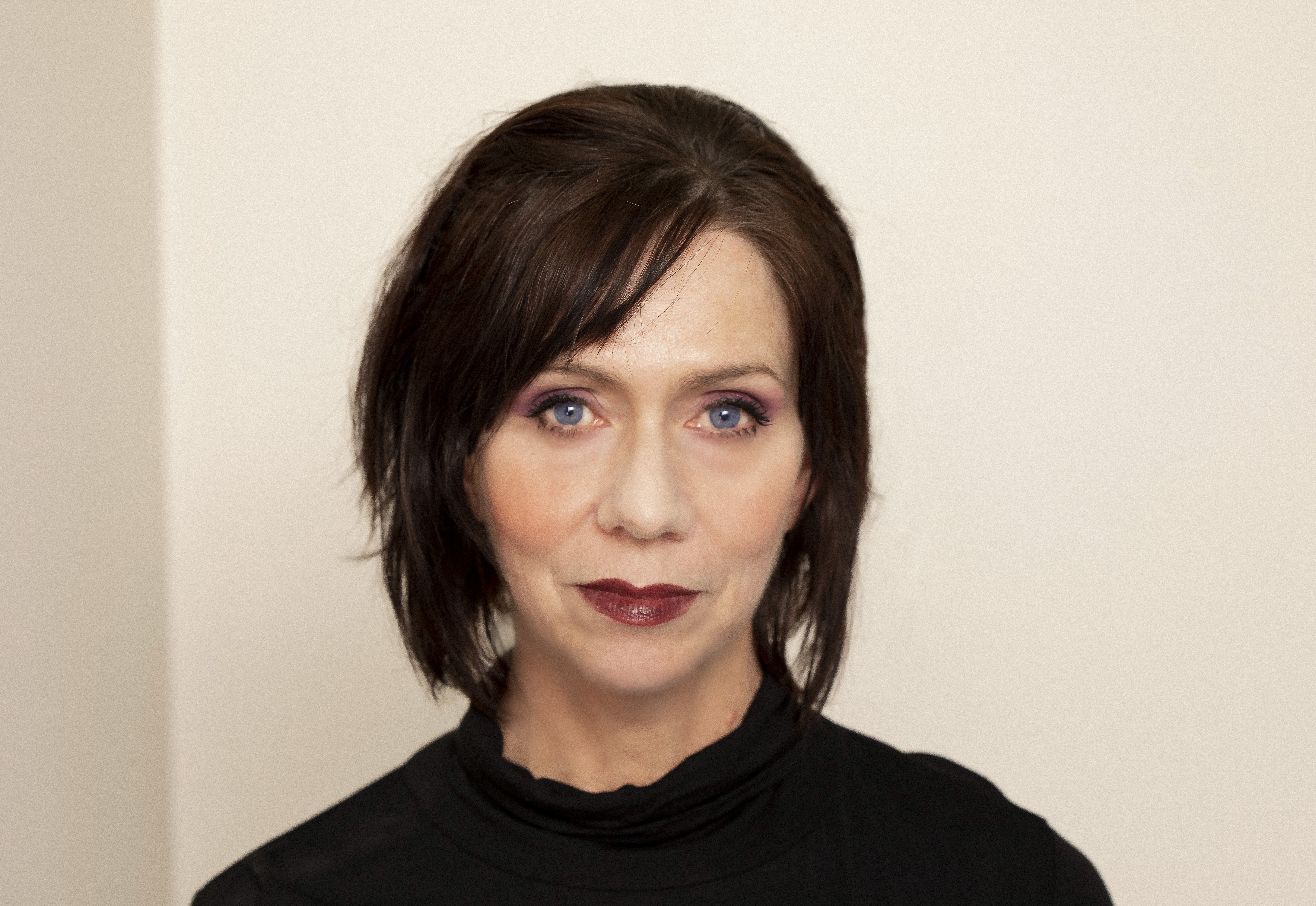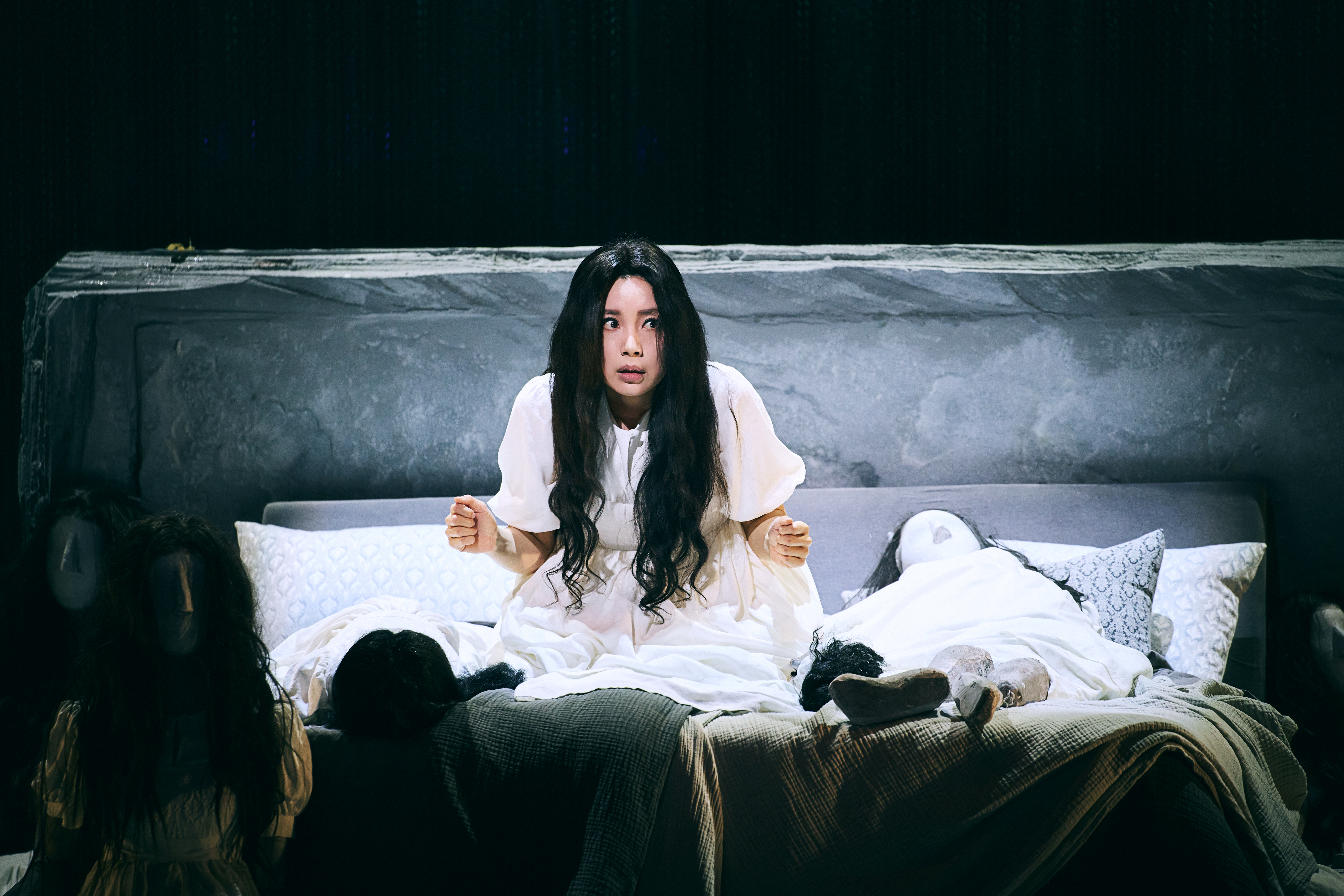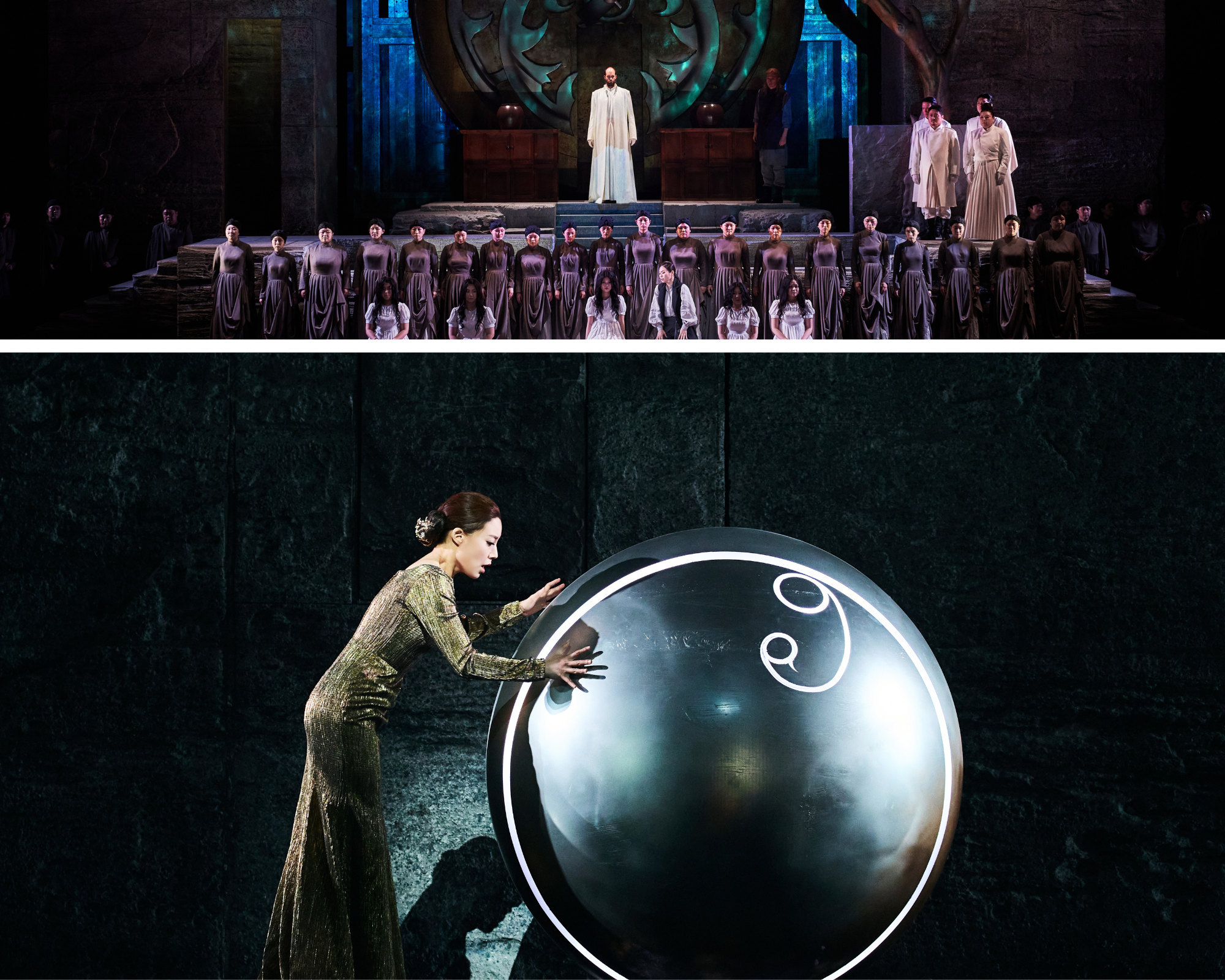[Interview] Mary Finsterer Composes Seoul Art Centre's First English Opera Music For "The Rsing World: Spirit of Water" World Premiere
2025-05-29The Seoul Arts Center invited Mary Finsterer to compose the music for the first English opera world premiere by the Center which was showcased on the 25th of March, 2025. The opera production and direction aimed at global intersection was set on a myth; a mysterious kingdom and a water ghost that led to a rising water phenomena affecting the princess attempts and the artisan's water clock device to change the situation.
Mary Finsterer is an internationally acclaimed music composer from Australia and stars the melodious voices of mezzo soprano voice of KIm Jung-mi, soprano Hwang Su-mi and tenor robin Tritschler. Her vision for the The Rising World was to create a sound world where past and present converge, mirroring the opera's musing on transience and transformation.
Following this historic achievement, I interviewed Mary Finsterer via email from 14th - 28th March to get first-hand her composition experience, behind the scene insights and the outcome of the opera music performance in Seoul, Korea.
1. Please introduce yourself to Korea.net.
My name is Mary Finsterer, and I’m a composer of orchestral, chamber, vocal, screen, and stage works. I’m originally from Australia, where I’ve had the privilege of composing for some of our most prominent institutions, but my work has taken me across the world. My music is shaped by a love of history, an openness to exploring different traditions, and a deep curiosity about the human condition. I’m especially drawn to opera because it invites the convergence of many disciplines—music, story, language, and design—all coming together to explore profound themes.

2. How do you feel about your music composition role for this first-of-its-kind English opera by the Seoul Arts Center?
It’s been a deep honour to compose this work—The Rising World—as the first English-language opera commissioned by the Seoul Arts Center. From the very beginning, I felt the immense responsibility of creating something that honoured Korean cultural heritage while also expressing a universal story. I was continually inspired by the richness of Korean folklore and music, and it’s been a joy to see how the Seoul Arts Center has embraced innovation while also upholding its incredible artistic legacy.
3. How do you typically approach composing music, and why did you uniquely use this approach for the story The Rising World: Spirit of Water?
Every project begins with listening—listening to the story, the language, the characters, and the imagined sound world they might inhabit. With The Rising World, I was particularly drawn to the central metaphor of water, which I integrated into the gestural language of the music: flowing textures, sudden surges, moments of calm, and undercurrents of mystery. I blended traditional Korean instruments with Western orchestral forces and electro-acoustic layers to create a sonic environment that mirrored the opera’s themes of transformation, memory, and spiritual renewal.
4. What inspired you when composing the music for the opera, and how did that inspiration and those ideas translate into the overall goal?
The inspiration came from many sources: ancient Korean folklore, the haunting presence of the Water Ghosts, and the symbolic resonance of the klepsydra—Korea’s water clock—as a device that guides the passage of water through time. I was equally compelled by the mythic qualities of water itself: both life-giving and destructive. Philosophical ideas surrounding time, impermanence, and balance also played a central role. Musically, these threads gave rise to a layered score that weaves together Renaissance counterpoint, classical operatic form, Korean traditional timbres, and contemporary techniques. My goal was to build a sound world where past and present co-exist—a space shaped by tension, renewal, and poetic introspection, mirroring the ever-shifting nature of water itself.

5. What was your workflow when composing, from initial ideas to final orchestration?
The composition process for The Rising World formally began in 2022, with a period of intensive planning, dramaturgical exploration, and close collaboration with librettist Tom Wright. However, in truth, my preparation extended far deeper—I drew upon over two decades of research into musical languages, mythic structures, and cross-cultural expression to bring a depth of compositional thought to this opera. Over the course of 12 months, I moved from initial sketches to detailed vocal and orchestral writing, refining the musical language in tandem with the emotional and symbolic needs of the narrative.
The structure of the opera were in two acts comprising nine scenes, with a total duration of just over two hours. Each scene demanded its own sonic identity, with orchestration shaped to reflect not only the emotional landscape of the characters but also the elemental presence of water as a central metaphor. While each scene stands on its own, there are deliberate synergies between them—musical and dramatic echoes that create a sense of cohesion and unfolding continuity across the opera. Once the full score was completed, I worked closely with my publisher, Schott Music, to prepare the performance materials and support the collaborative demands of production.

6. Did you collaborate with a cross-functional team, and how did you ensure the music and text work together effectively?
Absolutely. Collaboration was central to this process. I worked closely with librettist Tom Wright—this is our third opera together—and we have developed a creative partnership grounded in trust and shared vision. We exchanged ideas constantly, allowing the music to shape the text and vice versa. I also worked closely with the conductor, Steve Osgood; director, Stephen Carr; and with performers, musicians, translators, and cultural advisors, particularly members of the Korean cast, who guided me in understanding the nuances of Korean language and musical sensibility. Their insight was invaluable in ensuring authenticity and respect.
7. What do you think about opera generally in Korea, and what will this current opera scene do differently?
Korea’s operatic landscape is both rich and dynamic—deeply grounded in tradition while increasingly open to innovation and fresh creative voices. What excites me most is the willingness to reimagine opera through interdisciplinary approaches and cultural dialogue. The Rising World emerges from this spirit of exploration. It brings together multiple languages, musical traditions, and theatrical forms to tell a story rooted in Korean cultural heritage yet resonant with universal human experience. I see this as a bold and meaningful step toward a more internationally inclusive and forward-looking operatic future.
How about this article?
- Like2
- Support0
- Amazing1
- Sad0
- Curious0
- Insightful1


